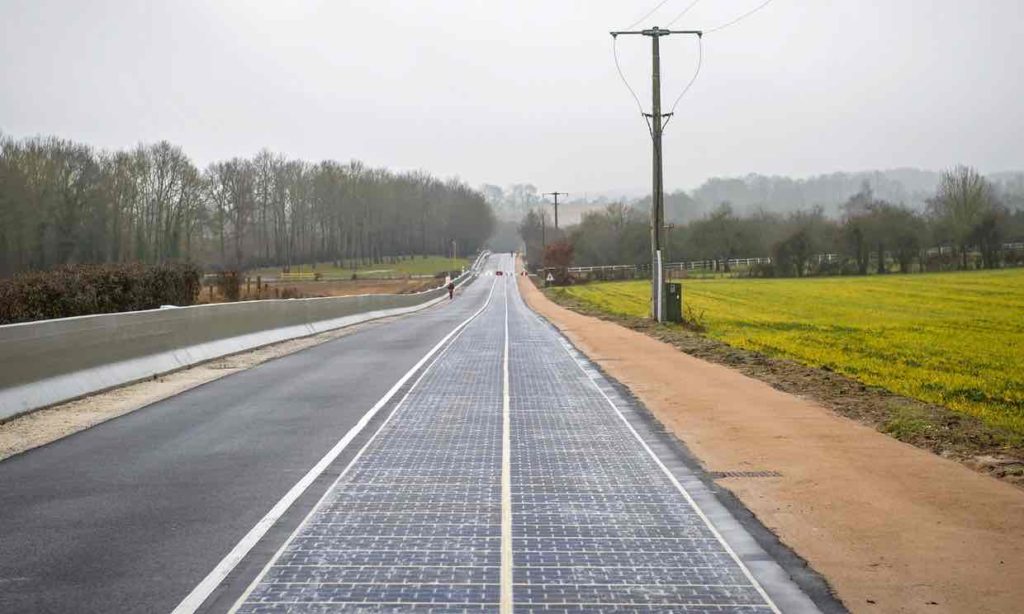The health and economic impacts of COVID-19 are a very real threat to the realization of global net-zero energy goals. As countries, cities, and regions continue to fight for clean, sustainable energy in all sectors, those involved in clean energy innovation are reeling from the realization that COVID-19 has had a drastically negative effect on the industry that could undermine progress globally.
Not only has the virus impacted on global goals that support the World Green Building Council’s Net Zero Project that aims for 100% net-zero carbon buildings worldwide by 2050, but it also threatens research and development (R&D) spending that will help to meet more general climate goals and help to accelerate crucial investment in clean energy technologies post COVID-19.
It also threatens our health, which is why we at New York Engineers recommend that every building is assessed and then upgraded if necessary to ensure that it isn’t a high-risk area for the deadly COVID-19 virus.
The reality is that clean energy innovation is a critical factor in terms of reshaping the future of energy worldwide. But following the outbreak of COVID-19 earlier this year (2020) many governments have lost focus in terms of long-term climate goals and reduced budgets that were, or might have been, allocated for long-term R&D. In part, this could be the lack of finances to achieve them.

Image source: unsplash.com
If we are going to achieve the goals required to meet – or even come close to – net-zero energy goals, continued investment is essential. Conversely, if there is a major slowdown in the speed in which clean energy technology innovation can be mobilized, it will have a direct result on some of the new technologies that promise sustainability and energy resilience.
A new International Energy Agency (IEA) report, Energy Technology Perspectives 2024, published in early July 2024, clarifies why it is so important to implement innovation policies quickly and speed up the transition from fossil fuel to renewable energy.
The Role of Government in Accelerating the Transition to Clean Energy
One thing that is very clear is that COVID-19 doesn’t change any of the elements involved in any net-zero emissions policy. However, the radical coronavirus disease has highlighted the need to repair economic activity and stimulate new growth in economies so that they will recover.
Generally, the role of governments is very clear cut in terms of energy innovation. They have a responsibility to tackle greenhouse gases and they need to generate funds for effective R&D that will achieve successful energy innovation that leads to clean, resilient, and sustainable results.
The COVID-19 pandemic has done untold harm, destroying lives and economies, and killing hundreds of thousands of people.
Clean energy innovation technology, on the other hand, offers an incredible opportunity to boost all kinds of economic activity that has been damaged by the still virulent virus that ravages its way through communities and countries. Above all else, it has the power to help the essential transition to a world with net-zero transmissions.
If this sounds like good news, it is. But the even better news is that energy innovation technologies need manpower, which means it is potentially an incredibly powerful source of employment at a time when people are hungry for jobs.
As an engineer, I know lots of people working in the industry, but the IEA energy technology report states that it supports about 750, 000 R&D personnel alone.
Possible Policy Actions for an Energy Sector Recovery Plan
Sectors that will immediately benefit from a properly implemented plan as per the IEA guidelines include:
- Buildings that will benefit from large-scale retrofitting programs, replacement of inefficient systems including those used for water and electricity, and a chance to clean cooking options.
- Transport that will benefit from a change to electric options and other energy-efficient upgrades.
- The industry that currently uses outdated technology and will benefit from electric motors, heat pumps, improved waste collection, and so on
- Electricity needs to be strengthened, upgraded, and modernized. There are many options, with wind and solar leading the field.
- Fuels that are not inefficient like fossil fuels. The biofuel industry deserves a solid chance.
Irrespective of which of these sectors are involved, the logic is to identify the elements of the innovative net-zero emissions policy that will keep the innovation system on track and make sure it enables strategic investment that will reshape economies so that they meet targets in 2030 and beyond, to 2050.
There are significant benefits and realities including the fact that:
- We cannot afford to avoid tackling the problems of emissions any longer.
- We need to recognize the investment opportunities offered in terms of key technologies.
There are key technologies that can no longer be ignored.
Key for a Successful Transmission to Net-Zero Emissions
It isn’t rocket science, but it does take thought and planning to realize and implement the transition to a world with net-zero emissions. First of all, we need clean energy technologies to be available, then we need countries and communities to be able to access them, and be able to afford them.
Clean energy technology is a vast field and there are many options that are or might become available. We, as individuals without scientific or engineering training, don’t need to understand the technology. But we do need to know it is there, and we need to be given the ability to access it.
The world is changing fast, and the energy innovation challenge that faces the world extends to areas most people don’t even realize exist. However, it dovetails with the challenge to achieve a net-zero energy world by 2050. With a concerted effort from those who are committed to achieving net-zero, we will get there.
For the man in the street, it means choosing clean energy options and refusing to continue using fossil fuels, even if you can. In many ways, it is ironic that a deadly virus has opened so many people’s eyes – more so that the threat it poses to negate what we have already achieved in so many ways has made even more people aware.
























